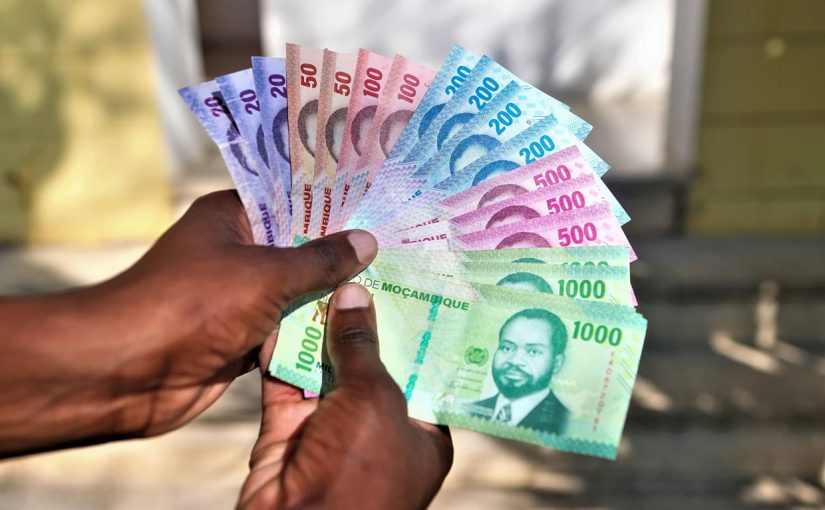Mozambique posts €300 million budget deficit in Q2, down €133.7 million YoY – government
Mozambique has issued more than €3.1 billion in Treasury bills over nine months

File photo: Lusa
In nine months, Mozambique issued 228.680 billion meticais (€3.112 billion) in Treasury Bills, essentially to replace previous issues, according to budget execution data.
According to the Ministry of Finance’s report, in the period from January to September, there were Treasury Bill replacements totalling 198,968.9 million meticais (€2,707 million), as well as 1,788.9 million meticais (€24.3 million) in interest paid.
‘Resulting in a net financing of expenses totalling 27,922.3 million meticais (€380 million),’ reads the document.
Mozambique’s government has set a limit of 505 billion meticais (€6.871 billion) for issuing Treasury Bills in 2025, almost double that of 2024, earmarking more than half for debt replacement.
‘During the 2025 financial year, the use of Treasury Bills will have a maximum limit of 505,000,000,000 meticais,’ states Ministry of Finance decree 109/2025, of 24 October, previously reported by Lusa.
For 2024, the government had set a limit of 275,000 million meticais (€3.742 billion) for issuing Treasury Bills with shorter maturities. The 2025 State Budget was only approved in parliament in May, due to general elections being held in October 2024.
It also stipulates that of this year’s total issuance, 160 billion meticais (€2.177 billion) will be used to ‘deal with the cash deficit’ and the remaining 345 billion meticais (€4.695 billion) for ‘replacements’.
Mozambican debt fell during the third quarter to 1.068 trillion meticais (€14.5 billion), according to previous figures from the Ministry of Finance, which show that 41.6% of the total debt stock on 30 September was domestic debt, including advances from the Bank of Mozambique and Treasury Bond and Treasury Bill issues, with the remaining 58.4% being external debt.
This volume of debt compares with the record, renewed at the end of the second quarter, when Mozambique’s debt stock reached 1.072 trillion meticais (€14.6 billion) on 30 June, according to previous data from the Ministry of Finance, which was then an increase of 0.1% on the previous quarter.
This is a 0.9% decline over three months, according to the government, mainly due to the amortisation of Treasury Bonds.
Mozambique’s Finance Minister, Carla Loveira, said on 29 October that the sustainability of public debt is ‘one of the biggest challenges’ facing the Mozambican economy and that ‘reforms’ are underway to ensure its sustainable management.
“One of the biggest challenges facing our economy is the sustainability of public debt. It is our obligation, as managers of state finances, to ensure that every metical borrowed is used efficiently, productively and responsibly,” said Carla Loveira.
The minister said that ‘a series of reforms is underway to ensure the sustainability of the public debt’, which include drawing up the Public Debt Management Strategy covering the period from 2025 to 2029, revising the regulation that establishes the legal framework for the capital market and ‘identifying specialised advice on public debt matters’.
‘These actions are aimed at strengthening the mechanisms for managing, controlling and monitoring national public debt levels, ensuring that the public debt is sustainable and creating more fiscal space for financing productive infrastructure projects with proven economic and social returns,’ he said.












Leave a Reply
Be the First to Comment!
You must be logged in to post a comment.
You must be logged in to post a comment.